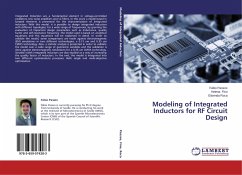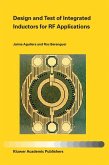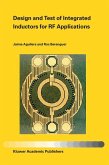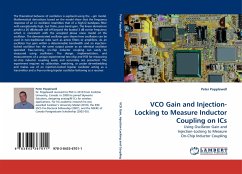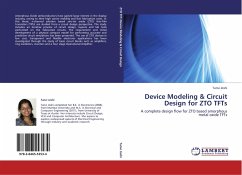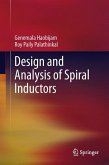Integrated Inductors are a fundamental element in voltage-controlled oscillators, low noise amplifiers and LC filters. In this work a model based in lumped elements is presented for the characterization of integrated inductors. With this model, it is possible to design integrated inductors with different topologies, for a wide range of frequencies, by granting the evaluation of important design parameters such as inductance, quality factor and self-resonance frequency. The model used is based on analytical equations and this equations will be explained in detail. In order to validate the model, some comparisons are made against electromagnetic (EM) simulations in two different technologies, a 0.13 um and 0.35 um CMOS technology. Also, a statistic analysis is presented in order to validate the model over a wide range of geometric variables and the validation is done against electromagnetic simulations for a 0.35 um CMOS technology. Variable width integrated inductors are also studied as a way of increasing the quality factor of inductors. In the end, the model is integrated into two different optimizations processes. Both single and multi-objective optimization.

